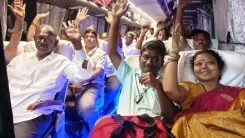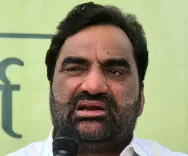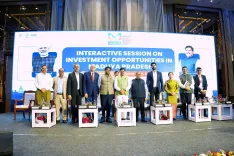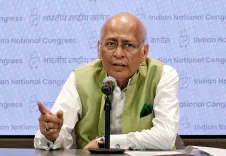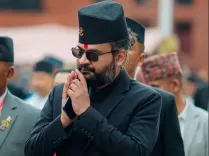Why Was HM Amit Shah’s Jharkhand Visit and Eastern Zonal Council Meeting Postponed?
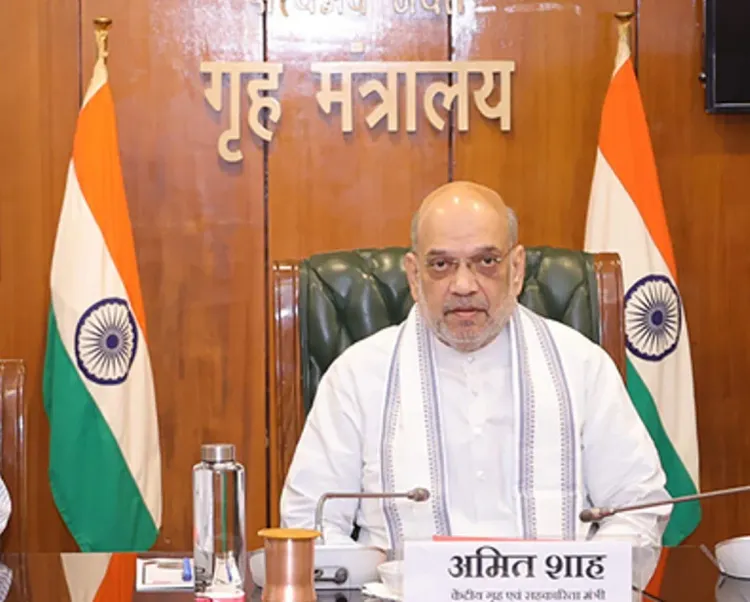
Synopsis
Key Takeaways
- The Eastern Zonal Council meeting originally scheduled for May 10 has been postponed.
- Sources suggest tensions between India and Pakistan may have influenced this decision.
- All four member states have been informed, and a new date will be announced later.
- The council plays a significant role in enhancing regional cooperation.
- Jharkhand's Chief Minister is currently the vice-chair of the council.
Ranchi, May 8 (NationPress) The 27th session of the Eastern Zonal Council, originally set for May 10 in Ranchi and to be led by Union Home Minister Amit Shah, has been delayed.
While no formal explanation has been provided for this postponement, sources suggest that it may be associated with the ongoing tensions between India and Pakistan following the recent Pahalgam terror incident and the subsequent Operation Sindoor initiated by India.
Officials from all four member states within the Eastern Council—Jharkhand, Bihar, West Bengal, and Odisha—have received notification about the change. A new date for the meeting will be announced in due course.
Significant arrangements had been made for Amit Shah’s visit to Ranchi and the Eastern Council meeting.
Chief Ministers and senior officials from the four states were expected to attend, with the state government granting them state guest status.
The Deputy Chief Minister of Bihar had already confirmed attendance, while official confirmations from Odisha and West Bengal regarding their representatives were still pending.
The agenda was to cover topics such as inter-state collaboration, Centre-state relations, efforts against extremism, asset distribution, and the fight against the narcotics trade.
Established under the State Reorganisation Act of 1956, Zonal Councils are legal entities aimed at promoting cooperation among states as well as between states and the Centre.
The Union Home Minister serves as the ex-officio chair of each council, while the vice-chair rotates annually among the Chief Ministers of the member states.
Currently, Jharkhand Chief Minister Hemant Soren holds the vice-chair role of the Eastern Council.
The Eastern Zonal Council is crucial for addressing border and transport conflicts, improving regional collaboration, and accelerating development initiatives.

